- The naira gained on the parallel market on Monday, after Nigeria’s commercial banks stopped accepting cash deposits in dollars, a move to discourage speculation in the currency.
- The naira was quoted at 216 on the parallel market on Monday, strengthening by 4.1 percent from 225 naira to the dollar on Friday. It was quoted at 240 a week ago.
- On the official interbank market, the naira traded at 199 at 1130 GMT, near the central bank’s pegged rate of 197.
“Banks are rejecting dollar deposits … they are not able to transfer excess liquidity to their correspondent banks abroad, which is restricting importers from using domiciliary accounts,” said Aminu Gwadabe, president of Nigeria’s Bureau de Change association.
- The naira had weakened on the parallel market to as much as 242 to the dollar, on persistent dollar shortages. The central bank last month limited importers’ access to dollars on the official interbank market to buy a wide range of goods, in order to save its reserves.
- After the restrictions, importers bought dollars on the unofficial market and deposited them in their bank accounts for transfers abroad, Gwadabe said. But now banks are rejecting cash dollar deposits “due to large speculation on the currency,” the chief executive of First City Monument Bank, Ladi Balogun, said on Friday.
- Lenders will continue to receive dollar transfers from other banks.
- The restrictions have frustrated companies that need dollars for imports. The central bank has rejected the idea of loosening the curbs, saying it could not adopt an “indeterminate policy” of currency depreciation and that the naira was “appropriately priced” on the interbank market.
- Source: Reuters


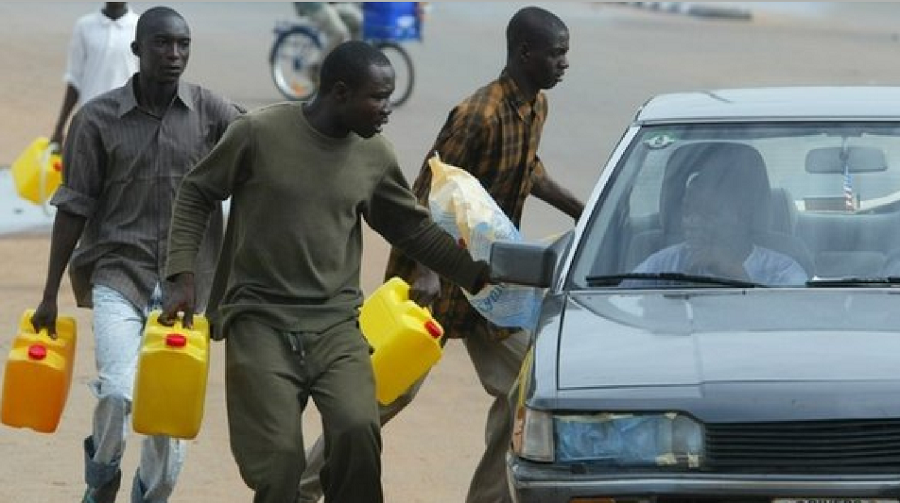
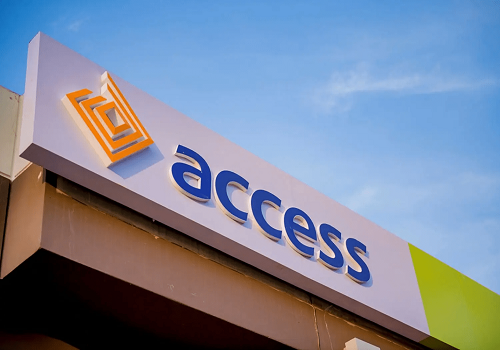
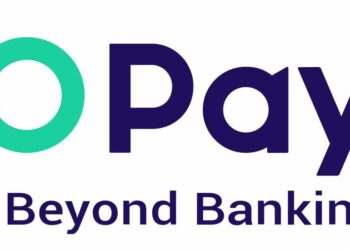
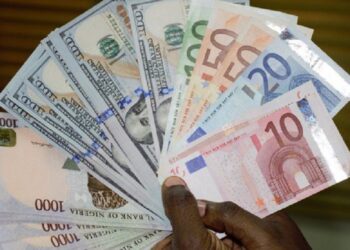

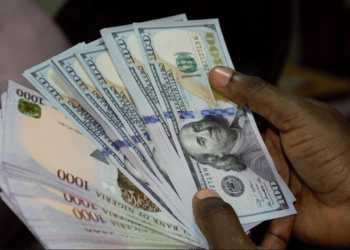



.gif)






